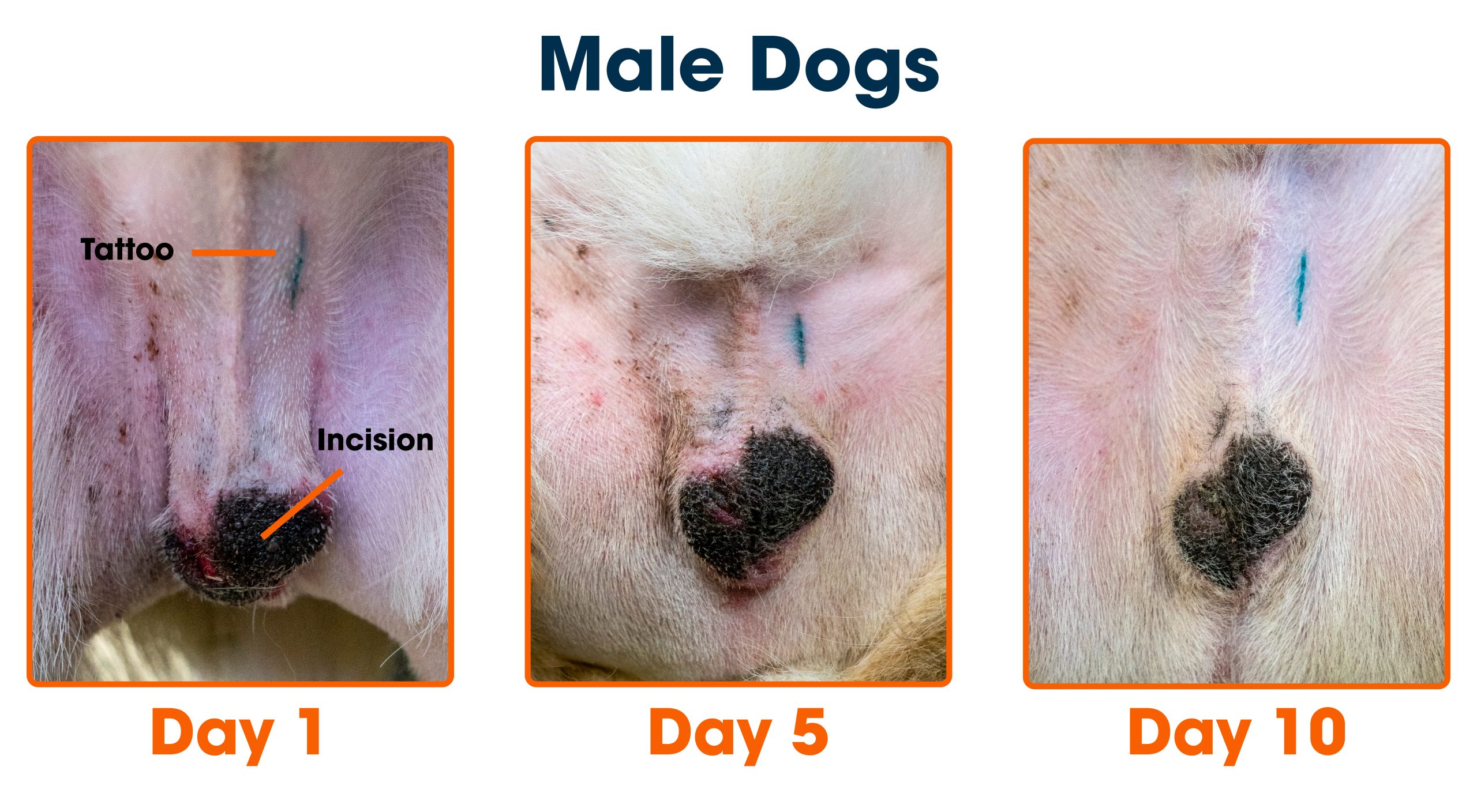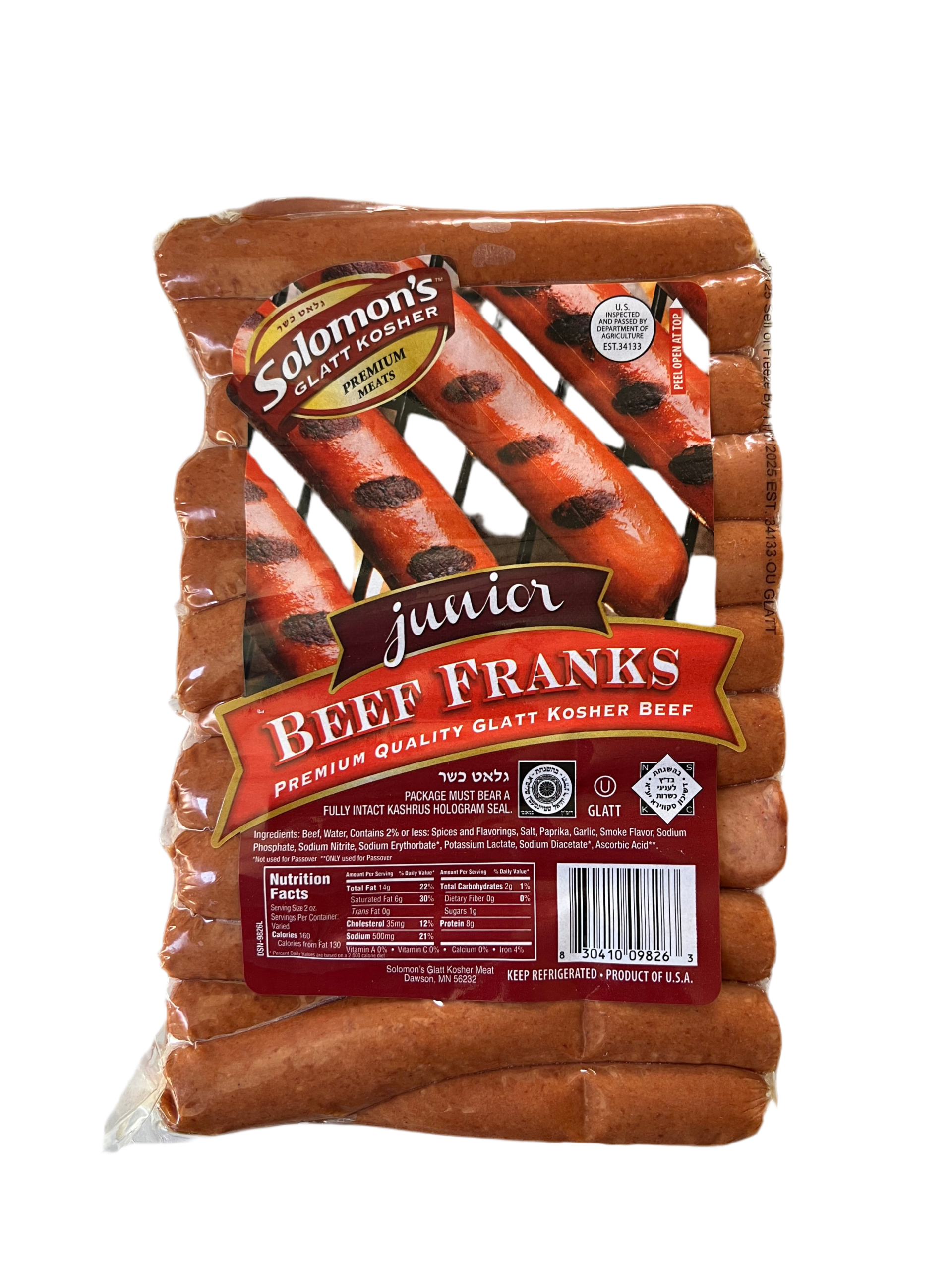Have you ever wondered what a kosher style hot dog really means when you see it on a menu? You might think it’s the same as a kosher hot dog, but there’s more to the story.
Understanding the difference can help you make better food choices and avoid confusion. You’ll discover what sets kosher style apart, why it matters, and what to look for next time you’re craving a hot dog. Keep reading—your taste buds and your knowledge will thank you.

Credit: www.instagram.com
Kosher Hot Dog Basics
Understanding the basics of kosher hot dogs can clear up a lot of confusion, especially when you’re faced with choices at the grocery store or a local deli. The term “kosher” isn’t just a label—it’s a set of rules that govern what goes into the hot dog and how it’s made. This knowledge helps you make informed decisions about what you’re eating and why it matters.
What Makes A Hot Dog Kosher
A hot dog earns the kosher label by following specific dietary laws from Jewish tradition. These laws dictate which animals can be used and how the meat is processed. For instance, only certain animals like cows or sheep are allowed, and they must be slaughtered in a particular way to be considered kosher.
But it’s not just about the type of meat. The entire process, from slaughtering to packaging, must be supervised by a certified authority. This ensures the product meets all kosher standards. Have you ever wondered why some hot dogs carry a kosher symbol while others don’t? Now you know it’s about more than just the ingredients.
Ingredients And Preparation Rules
Ingredients in kosher hot dogs are carefully selected to avoid anything that violates kosher laws. This means no pork or shellfish, and no mixing of dairy with meat. Even the spices and casings used must be kosher-certified.
The preparation process avoids cross-contamination with non-kosher items. Equipment must be kosher and often undergoes a special cleaning process called “kashering.” This attention to detail might surprise you, but it’s what keeps the product within kosher guidelines.
Next time you pick up a kosher hot dog, consider the journey it took to meet these strict standards. It’s more than a tasty snack; it’s a product of tradition and care. What does this mean for your food choices and how you view labels on your favorite snacks?

Credit: www.facebook.com
Defining Kosher Style
Understanding what “kosher style” means can be confusing, especially when you’re faced with a hot dog labeled as such. The term suggests a connection to kosher dietary laws but doesn’t always meet those strict requirements. Let’s clarify what kosher style really means and how it fits into your food choices.
Differences From True Kosher
True kosher foods strictly follow Jewish dietary laws, including the type of meat, how the animal is slaughtered, and how the food is prepared. Kosher style, however, often means the food imitates traditional Jewish flavors or avoids pork and shellfish but may not be certified kosher.
For example, a kosher style hot dog might use beef instead of pork, but it may not come from a kosher-certified slaughterhouse or be prepared under rabbinical supervision. This distinction is important if you keep kosher for religious reasons.
Common Misconceptions
Many people assume kosher style means the food is kosher-certified, but this is rarely the case. Kosher style is more about marketing to those who want a “Jewish-style” food experience without the full kosher certification.
Have you ever bought a kosher style hot dog expecting it to be kosher? This confusion can lead to unexpected issues for those who strictly observe kosher laws. Knowing the difference helps you make informed decisions about what you eat and why.
Cultural Influence
The term “Kosher Style” carries a cultural weight that goes beyond just dietary rules. It reflects a blend of tradition, adaptation, and identity that many find fascinating. Understanding this influence helps you appreciate why these hot dogs are popular in various communities, not just among those who keep kosher.
Jewish Culinary Traditions
Jewish culinary traditions shape what “Kosher Style” means. These hot dogs often avoid pork and shellfish, following basic kosher laws, but may not be certified kosher. This allows people to enjoy familiar flavors linked to their heritage without strict adherence.
Many Jewish families have recipes passed down through generations. These recipes influence how “Kosher Style” foods are prepared and served, keeping cultural memories alive. Have you ever noticed how food connects you to your roots or family history?
Popularity Beyond Religious Communities
The appeal of Kosher Style hot dogs extends far beyond Jewish communities. Many people enjoy them for their unique taste and quality. They often find these hot dogs at street vendors and delis in cities like New York, where cultural diversity is high.
This popularity raises interesting questions: Why do certain cultural foods become mainstream? How does your own food choice reflect cultural exchange? When you pick a Kosher Style hot dog, you’re tasting a bit of history and community influence, even if you’re not following kosher laws yourself.
Taste And Texture
The taste and texture of kosher style hot dogs often surprise those who expect them to be identical to traditional kosher hot dogs. They bring a unique eating experience that balances familiar flavors with distinct qualities. Understanding these differences can help you decide if kosher style hot dogs fit your palate.
Flavor Profiles
Kosher style hot dogs usually have a milder, less spicy flavor compared to authentic kosher hot dogs. They often use a blend of beef and pork or just beef, which changes the overall taste.
You might notice a slight sweetness or smokiness, depending on the seasoning used. Unlike fully kosher hot dogs, they don’t follow strict rules on seasoning, so the spice level can vary widely.
Have you ever tasted a hot dog that feels familiar but has a subtle twist? That’s common with kosher style hot dogs—they offer a recognizable flavor with unexpected notes that keep your taste buds curious.
How Kosher Style Hot Dogs Compare
| Aspect | Kosher Hot Dog | Kosher Style Hot Dog |
|---|---|---|
| Meat Type | Only beef, prepared under kosher laws | Beef, pork, or a mix |
| Texture | Firm and dense | Varies from soft to slightly coarse |
| Flavor | Spiced, savory, and smoky | Milder with varied seasoning |
| Preparation | Strict kosher guidelines | No strict kosher rules |
Texture-wise, kosher style hot dogs can feel less dense. Some brands add fillers or different fat ratios, which creates a softer bite. This can appeal to you if you prefer a less chewy hot dog.
Does the texture of your hot dog change the way you enjoy it? If you like a snap when you bite in, kosher style might feel different but still enjoyable.
Finding Kosher Style Hot Dogs
Finding kosher style hot dogs can be a bit tricky because the term “kosher style” doesn’t always mean the product is strictly kosher. It often refers to hot dogs made in a way that resembles kosher recipes but may not fully meet kosher certification standards. Knowing where to look and how to read labels can help you make informed choices that fit your dietary needs.
Where To Buy
You can find kosher style hot dogs at many grocery stores, especially those with a large deli or specialty food section. Stores in neighborhoods with a strong Jewish community often carry a wider selection. Farmers markets and specialty food shops might also have artisanal versions that mimic kosher flavors.
Have you noticed that some supermarkets place these hot dogs near the kosher or natural meat sections? That’s a good hint they are catering to customers seeking kosher style options without full certification. Online stores provide another convenient way to access specific brands that might not be available locally.
Labeling And Certification
Reading labels is crucial when buying kosher style hot dogs. Look closely for phrases like “kosher style,” which usually means the product mimics kosher ingredients or preparation but isn’t certified kosher by a rabbinical authority.
True kosher hot dogs will have certification symbols such as OU, Kof-K, or Star-K on the packaging. These marks indicate the product has been inspected and approved according to kosher dietary laws. If you want to avoid confusion, choosing products with these symbols is your best bet.
Why do you think some brands use “kosher style” instead of full kosher certification? Often, it’s about taste and marketing rather than strict adherence to kosher rules. Knowing this helps you decide what aligns with your values and preferences.

Credit: www.facebook.com
Making Kosher Style Hot Dogs At Home
Making kosher style hot dogs at home lets you enjoy a classic taste without strict kosher rules. You can create a delicious version that feels authentic and suits your taste. It means using ingredients and cooking methods similar to kosher hot dogs but with more flexibility.
Ingredients To Use
- Beef or chicken hot dogs without pork or shellfish
- Natural casings for texture and flavor
- Simple spices like garlic, coriander, and black pepper
- Cold water or broth for mixing the meat
- Hot dog buns made without dairy or non-kosher additives
Cooking Tips
- Simmer hot dogs gently in water, not boiling
- Grill or pan-fry for a smoky, crispy outside
- Avoid mixing meat and dairy in the same meal
- Serve with classic toppings like mustard, onions, and sauerkraut
- Keep your cooking tools clean and separate for meat dishes
Frequently Asked Questions
What Does Kosher Style Hot Dog Mean?
Kosher style hot dog means a hot dog made in the Jewish culinary tradition. It follows kosher-like preparation but may not be certified kosher. It uses similar spices and cuts of meat but might not meet strict kosher laws.
Is Kosher Style Hot Dog Truly Kosher?
No, kosher style hot dogs are not always truly kosher. They mimic kosher flavors and preparation but often lack official kosher certification. They may use non-kosher ingredients or processes, so buyers should check labels carefully.
How Is Kosher Style Hot Dog Different From Kosher?
Kosher style hot dogs imitate kosher recipes but lack formal certification. Kosher hot dogs follow strict Jewish dietary laws, including specific slaughter methods and ingredient rules. Kosher style focuses on taste, while kosher ensures religious compliance.
Can Kosher Style Hot Dogs Be Eaten During Passover?
Kosher style hot dogs may not be suitable for Passover. They often contain grains or additives prohibited during the holiday. For Passover, only certified kosher-for-Passover products should be consumed to follow dietary laws correctly.
Conclusion
Kosher style hot dogs follow some Jewish food rules but not all. They do not use pork or shellfish. Still, they may not be certified kosher by religious standards. People choose them for taste or tradition. Knowing the difference helps you make the right choice.
Now, you can enjoy your hot dog with more understanding. Simple and clear.







